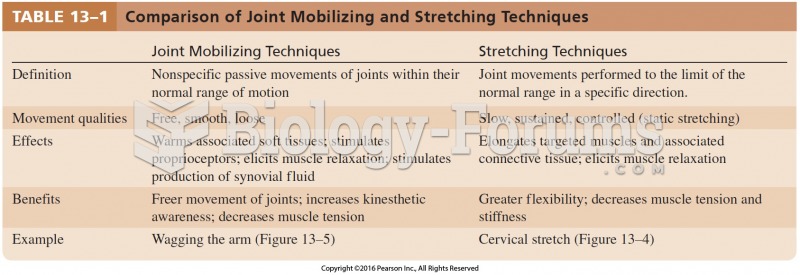I am very busy with my life also - Working 60 + hrs. a week, taking two evening classes, studying, homework, cooking dinner, etc. and am happily married with two children.
Am a Student of Buddhism, who practices Insight Meditation. It develops Patience for one in life {which is the ability to remain internally calm, peaceful, and undisturbed in the face of harm and/or difficulites in life.
But at the same time, one must be Patient, willing to wait, for the beneficial results of daily practicing Insight {Minfulness) Meditation. For some, it is very difficult to be patient in our Microwave Society. We often want instant results, or for some,
even instant gratification.
This is not the way Insight Meditation works.
Dr. Jon Kabat-Zinn PhD. has already proven the success of practicing only 15 min, a day of Insight {Mindfulness) Meditation. He has already proven that Insight Meditation stimulates and enhances the Cognitive areas of the brain, highly increasing one's intellectual capabilities,
and he states it also improves one's memory, concentration and focus.
Most go into this meditation with the intent of calming the mind down, reducing stress and anxieties, which it definately does this.
But Insight meditation does so much more than this. It is proven that insight meditation
helps one to clearly see things, people, and situations as they really are. Basically it helps us to accurately see into the true nature of things. Thus it transforms our minds, as a result we think, speak, act, and re-act in a wholesome, and productive manner, which not only benefits us, but also others.
For one who asks me how to get started in the practice of Insight meditation, I suggest they go to Buddhanet.net, then go to the area of Insight Meditation and go step by step, to effectively learn how to practice this form of meditation. Then make the commitment to daily practice it.
If money is not a major factor, as it is not for myself, I suggest picking up the book,
"Mindfulness in Plain English"
By: Bhante Henepola Gunaratana.
Dr. Jon Kabat-Zinn Ph.D. states on the back of this book, "It is a Masterpiece.
I cannot recommend it highly enough."
Dr. Jon Kabat-Zinn is famous for having written the books, "Wherever You Go, There You Are", and [One of my favorites],"Coming to Our Senses".
But "Mindfulness in Plain English" is an excellent book for anyone to get started with. He has a sequel, on a different subject called "Eight Mindful Steps to Happinss"
which is also quite excellent !
But to be completely honest with you though, if you want what I call, microwave results, Insight Meditation might not be for you. Why ?
Because it takes Patience, and time to
develop and to continue to cultivate on a daily basis. One must commit to putting forth the Right Effort into this meditation, in order the receive the results.
However, I do understand, I too am Very Busy in Life. This is simply something I choose "to make the time" to do daily. And it has most definately paid off.
You sound like your young, probably under 25. And many (not all) young people [I was the same way once] desire instant results.
Thank You for giving me the opportunity to provide an answer to your Excellent question. *Have an Great Weekend.







